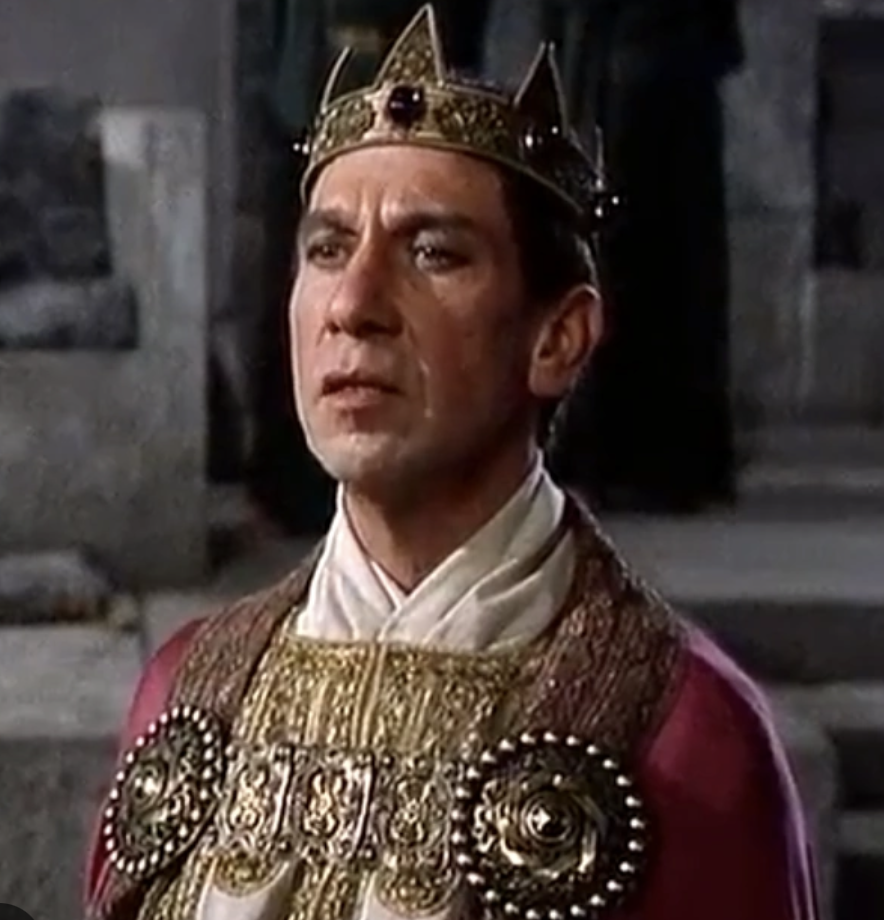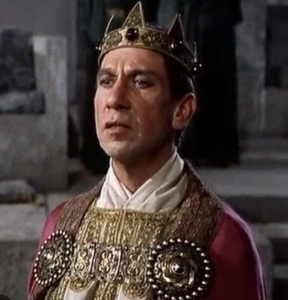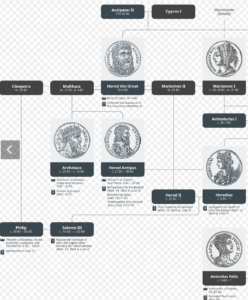
Have we ever said something we might later regret? When we promise a child that we can get that ice cream upon our return? I recall our children hearing “I’ll ask Dad”, to understand that as “that’s a No”. We might say to someone,”oh, call any time”, and secretly hope that they won’t. I recall a friend making such an offer to an American friend of theirs, and then getting a call, early one morning, saying that they had just arrived on the red eye into Heathrow and could they pick them up? Regrets?

In the story from Mark 6:14-23, we hear from one of there rulers of Palestine: Herod Antipas. This isn’t Herod the Great, but one of the brothers who ruled one of the four regions; hence one of the Tetrarchs. Herod Antipas was the tetrarch of Galilee and Perea from 4BCE to 39 CE. There was a very spiritual man known as John the Baptist or JtB, who used to live a rather nomadic life in the deserts of Qumran. He also had quite a following. People would flock to hear and learn of his perspectives. He would meet up with Jesus near to Bethany and they would have a meeting of the minds. There was quite a frisson between the two; an equivalence, on a similar mission? JtB would then baptise Jesus, and there was a climatic affirmation of who Jesus was, or is. People have been struggling with who is Jesus to this day. Herod had certainly heard of JtB and had spent hours listening to the man, who might have cut a very different cloth to Herod.

In this passage, we have JtBs demise; but, it may not have been as described. Yes, the author of Mark’s Gospel does describe this macabre scene with a daughter of Herod asking for his head, and blame being ascribed to Herod’s wife, but there may be more to this than it would seem. And it is to the “wife”, or rather in the plural sense, that we might look.
Josephus, the Roman chronicler, purports that JtB was ‘removed’ for political reasons. Do not cast your eye over the US and their latest legal possibility that their President does not fall under the jurisdiction when holding that high office. But you might…
Coronation Street – eat your heart out
What historians might attest to is that Herod’s first marriage was to an Arabian princess, known as Phasa’el. Perhaps love wasn’t top of the agenda here, as her father, Aretas IV, was king of Nabatean. This was one of the strongest nearby kingdoms of the time. Upon a short stay in Rome with his half-brother Herod II, he was to fall in love with Herodias, granddaughter of Herod the Great and Mariamne 1. The issue is whether Herodias obtained a divorce before the death of Philip (Herod II). That’s what Josephus wrote about in his best seller, Antiquities. But, in these heady days of being a puppet Roman ruler, transparency and integrity, were not the watchwords they are now politically (oops). Intermarriage was a matter of getting what you needed, and key to building your kingdom. The kings of that period would conform to the Jewish Torah, when it was politically convenient to do so.
JtB didn’t help matters. He spoke out about this inappropriate marriage to Herodias, and may well have started to invoke an uprising from the within the Perea community. Perea was well connected, along Arabian lines, to the land of Nabatea… Politically, this was dynamite.
So, whether JtB was incarcerated in the castle at Machaerus where he would eventually die, or by the sword with his beheading at a party hosted by Herod, the past would catch up with Herod. Oh by the way Machaerus, in the Hebrew, means ‘sword’ : the device used to sever his head at the party detailed in Mark’s account of his death. Eventually, King Aretas would invade the area and conquer Herod Antipas; some might allude that this was punishment for the execution of JtB.
The Gospel according to Mark may not be historical but it definitely is ideological. It speaks of speaking of justice to power, of setting the road straight – even if you get caught in the cross fire. JtB was a protagonist who started Jesus on his own journey. It was if JtB lit the fuze, and Jesus carried on the flaming torch, all the way to Jerusalem.
Please don’t say that the Bible isn’t political. It offers us a straight road to follow, even if we gently weave a different path. When we read or hear of the political machinations of today, what is God saying to you? How do we respond? For we surely need to. Please don’t regret doing nothing.
I really enjoyed the dialogue
How and when do we respond to political schemes / conspiracies / injustice? Do we wait to confirm the reality before responding? Do we wait for the right time when our response will have a better effect?
Do we take time to respond wisely, or just react instinctively like John the Baptist without many thoughts and preparation? I think it’s not always easy to respond when we are not sure of the outcome.
I think JtBs response to Herod was thought out, even calculated. The stories are short – they all are in Mark with his immediacy. We need to be careful not to take the story and see it as life itself.
Response to political situations are rarely immediate. Those within life, of human need that we see, may well be those where are response is in the short timeframe.